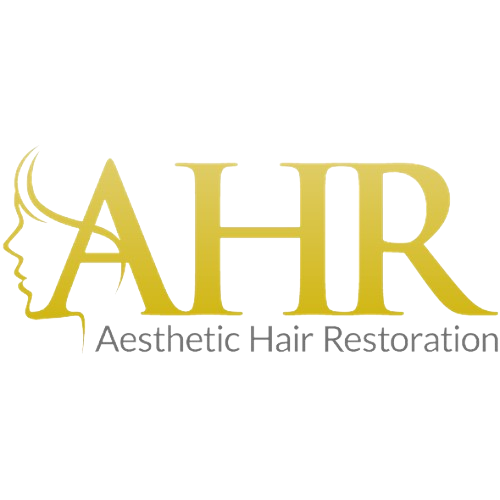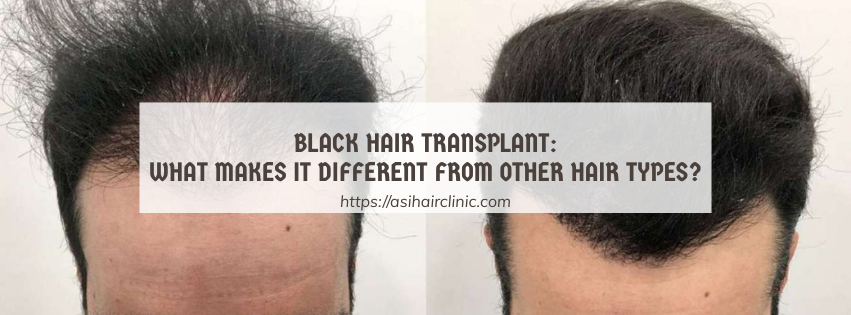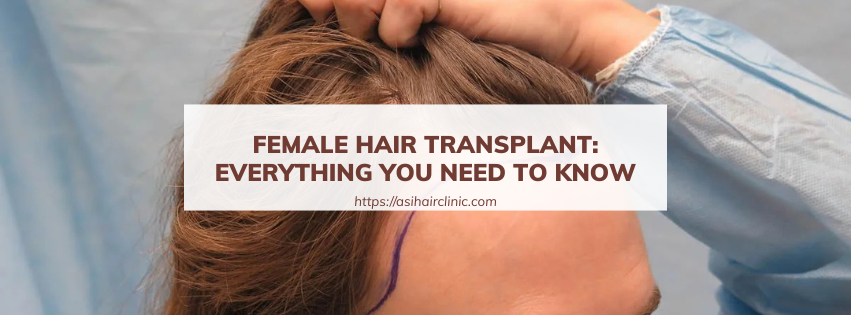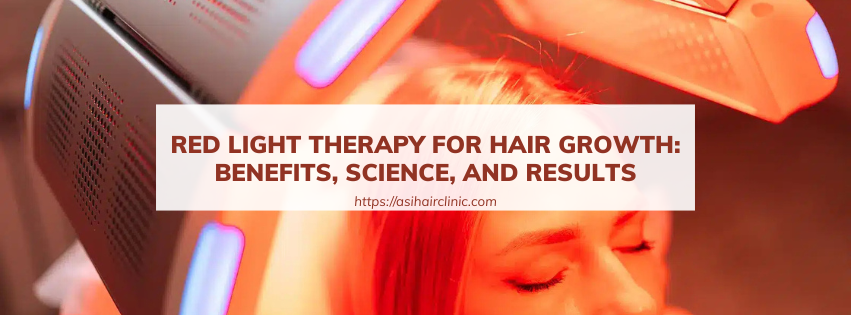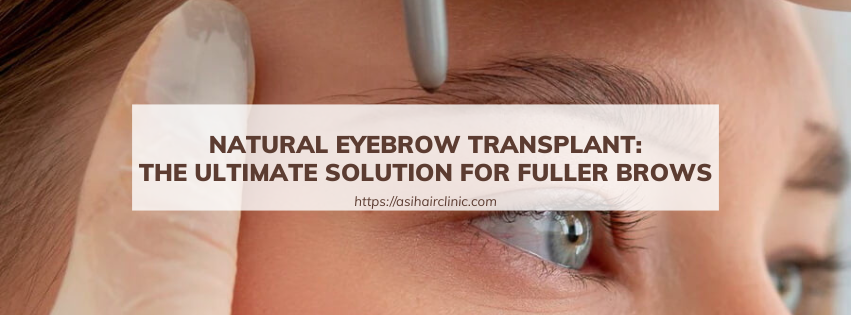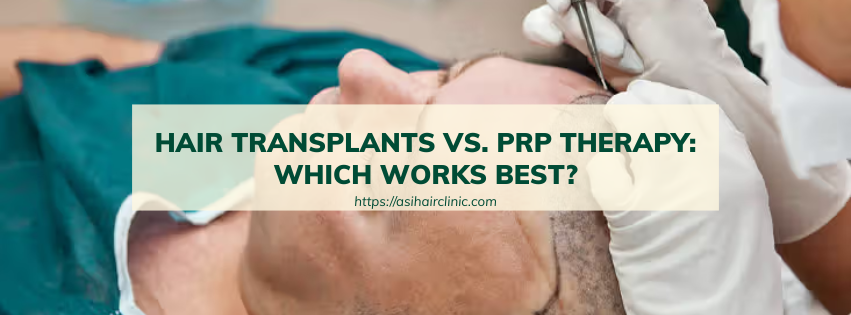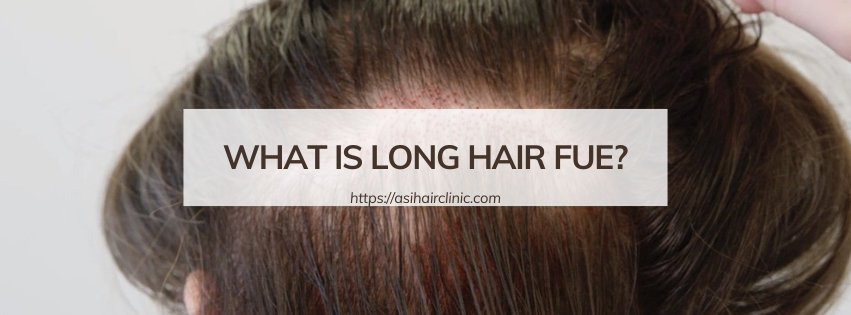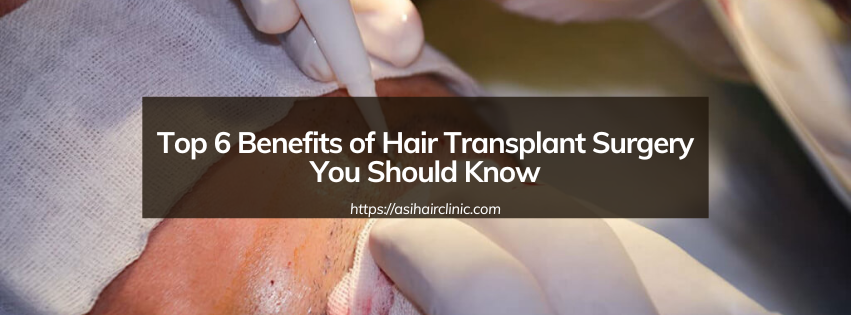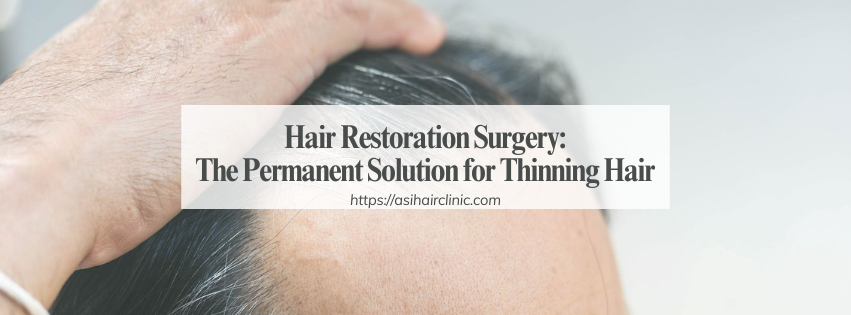Does Alcohol Cause Hair Loss?
The social lubricant, the celebratory toast, the after-work unwind - alcohol plays a role in many aspects of our lives. But does it have a grip on our hair, too? The question of whether alcohol causes hair loss has been swirling around for years, fueled by anecdotal evidence and a touch of mystery. Let's dive into the science to uncover the truth behind this popular claim.
1. Alcohol's Role: A Multi-faceted Investigation
While alcohol doesn't directly attack hair follicles and cause them to shrink, its impact on hair loss is more indirect and multifaceted. Here’s a breakdown of how alcohol can contribute to hair loss through various mechanisms.
1.1. Nutritional Deficiencies
Excessive alcohol consumption can lead to a deficiency of essential nutrients. When individuals consume large amounts of alcohol, they often neglect their diets, resulting in inadequate intake of vitamins and minerals necessary for hair health.
Iron is crucial for red blood cell production and oxygen transport to the scalp, which is vital for hair growth. A deficiency in iron can lead to anemia, causing fatigue and hair thinning. Zinc plays a key role in follicle function and hair repair; without sufficient zinc, hair may become brittle and prone to breakage.
Biotin, a coenzyme involved in cell growth and metabolism, is essential for healthy hair. A lack of biotin can lead to hair thinning and loss. Vitamin B12 is important for red blood cell formation and maintaining proper nerve function, which in turn affects hair growth. Deficiencies in these nutrients can weaken hair roots, leading to thinning and shedding over time.
1.2. Hormonal Disruptions
Heavy alcohol consumption can interfere with the delicate balance of hormones in the body. It can increase testosterone levels, which can exacerbate androgenetic alopecia - a common form of hair loss in men and women. Elevated testosterone can lead to higher DHT levels, which contributes to hair follicle miniaturization.
For women, decreased estrogen levels due to heavy drinking can be particularly detrimental. Estrogen plays a vital role in maintaining hair growth, and fluctuations in hormone levels can disrupt the hair growth cycle. Additionally, alcohol can disrupt thyroid function, leading to thyroid-related hair loss, further impacting overall hair health.
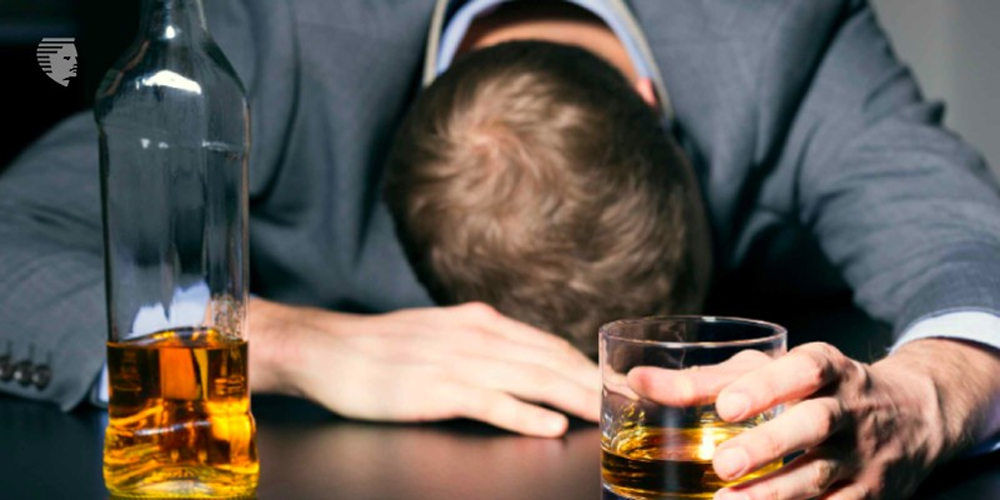
1.3. Liver Damage
The liver is a vital organ responsible for filtering toxins, including alcohol. Excessive alcohol consumption overloads the liver, impairing its ability to function optimally. This can hinder the body's ability to process nutrients and eliminate toxins, indirectly affecting hair health.
When the liver is damaged, it struggles to produce proteins necessary for hair growth and repair. Furthermore, liver dysfunction can lead to hormonal imbalances, exacerbating hair loss. Maintaining liver health is crucial for overall well-being, including hair health.
1.4. Dehydration
Alcohol is a diuretic, meaning it increases urine production and can lead to dehydration. Dehydration can affect scalp health, making hair more prone to breakage. A well-hydrated scalp is essential for maintaining healthy hair follicles, and dehydration can disrupt this balance.
Additionally, dehydration can lead to dry, brittle hair that is more susceptible to damage. Proper hydration is essential for overall health, and it's crucial to drink enough water, especially when consuming alcohol.
1.5. Inflammation
Excessive alcohol consumption has been linked to chronic inflammation throughout the body, including the scalp. Chronic inflammation can damage hair follicles and contribute to hair loss. Inflammatory conditions can disrupt the hair growth cycle, leading to increased shedding and thinning.
Moreover, inflammation can lead to conditions like seborrheic dermatitis, which can further exacerbate hair loss. Managing inflammation through a healthy diet and lifestyle choices is essential for maintaining hair health.
1.6. Sleep Disruptions
Alcohol disrupts sleep cycles, hindering restful sleep. Poor sleep can contribute to stress and exacerbate hair loss. Quality sleep is essential for the body to recover and regenerate, including hair follicles.
When sleep is disrupted, the body produces higher levels of cortisol, which can negatively impact hair health. Establishing a regular sleep routine and minimizing alcohol consumption, especially before bedtime, can help improve sleep quality and support hair health.
2. Alcohol and Hair Loss: The Bottom Line
The scientific evidence suggests that while alcohol doesn't directly cause hair loss, it can exacerbate the problem by contributing to a cascade of negative factors. Heavy alcohol use significantly increases the risk of hair loss due to nutritional deficiencies, hormonal imbalances, and liver damage it can cause.
Moderate alcohol consumption may also contribute to hair loss, albeit to a lesser extent. Individual differences play a significant role in how alcohol affects hair health. Factors such as genetics, age, overall health, and individual sensitivity can influence the impact of alcohol on hair loss.
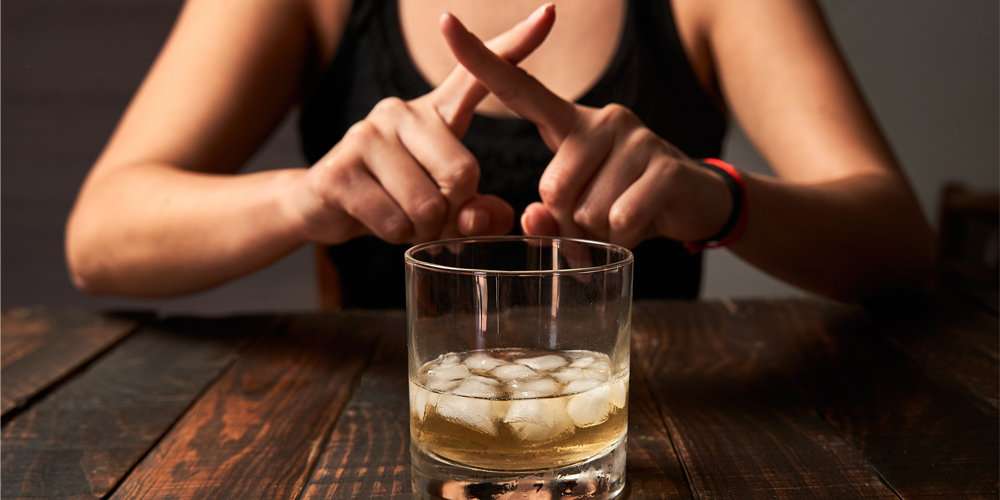
Tips for Hair Health: Beyond Alcohol
If you're concerned about hair loss, here are some tips to optimize your hair health:
- Maintain a Balanced Diet: Focus on consuming a diet rich in iron, zinc, biotin, and other essential nutrients. Incorporate foods like leafy greens, nuts, seeds, lean meats, and whole grains into your meals. A balanced diet provides the nutrients necessary for healthy hair growth and can help mitigate the effects of alcohol on hair health.
- Manage Stress: Practice stress-reduction techniques like yoga, meditation, or deep breathing exercises. Finding healthy ways to cope with stress can help reduce the likelihood of hair loss associated with emotional factors. Engaging in activities that promote relaxation and mindfulness can have a positive impact on overall well-being.
- Get Enough Sleep: Aim for 7-8 hours of quality sleep per night. Establishing a consistent sleep schedule and creating a calming bedtime routine can help improve sleep quality. Prioritizing rest allows the body to recover and regenerate, supporting hair health.
- Keep Your Scalp Clean: Wash your hair regularly with a gentle shampoo to remove dirt and product build-up. A clean scalp promotes healthy hair follicles and reduces the risk of inflammation. Avoid using harsh shampoos that can strip natural oils, and opt for products designed for your hair type.
- Avoid Harsh Treatments: Limit the use of heat styling tools, chemical dyes, and other aggressive hair treatments. These practices can weaken hair and contribute to breakage. Instead, embrace natural hairstyles and consider using protective styles to minimize damage.
- Consider a Multivitamin: A multivitamin can help ensure you're getting all the essential nutrients for healthy hair growth. Consult with a healthcare professional to determine the best options for your specific needs.
- Consult a Dermatologist: If you're experiencing significant hair loss, seek professional advice to determine the underlying cause and receive personalized recommendations. A dermatologist can provide insights into your hair health and suggest appropriate treatments.
Conclusion
While alcohol isn't the sole culprit behind hair loss, it can act as a contributing factor, particularly with excessive consumption. By adopting a healthy lifestyle, managing stress, and consulting with a healthcare professional, you can take proactive steps to protect your hair health and prevent unnecessary shedding. Understanding the complex relationship between alcohol and hair loss empowers individuals to make informed choices about their consumption and overall well-being.
LATEST POSTS
